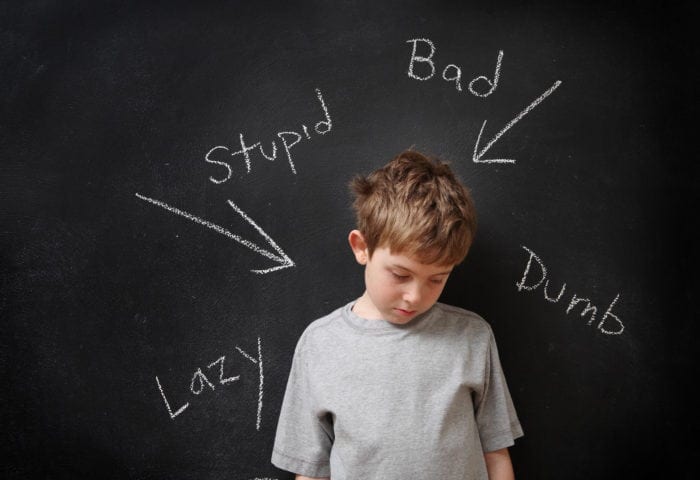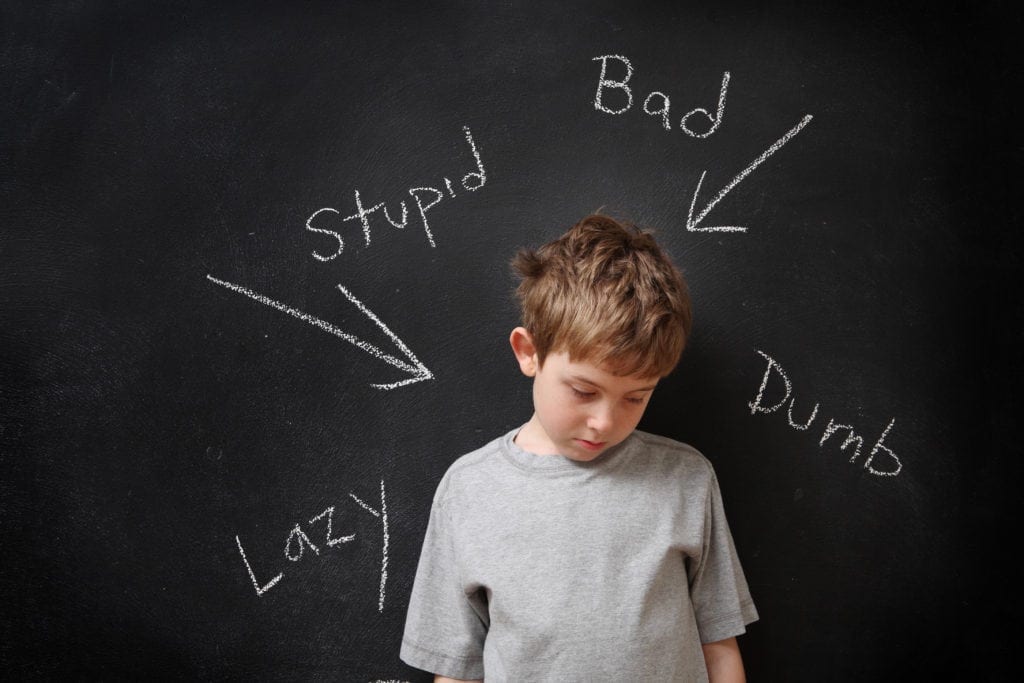Running around with unlimited energy? He has ADHD. Staring into space? She has ADHD. Looking isn’t enough. There’s a science too. Say what? Check it out.
There is no single physical, mental, or genetic test for ADHD. A diagnostic evaluation can be provided by a qualified mental health professional or physician. Having a supportive team who is knowledgeable is critical to finding accurate results.
ADHD is linked to specific brain areas. Children with severe ADHD symptoms tend to have smaller frontal lobes. These regions are involved in concentration, inhibition, and impulse control. This lends to some seeking brain scans to determine if brain function impact ADHD symptoms.
Many cases of ADHD have a genetic component. Seek the family tree for others with similar character traits. They are 4 times more likely to be diagnosed with the disorder. It’s not an answer, just a hint. You can start by doing an obituary search for family members and then connect them with any medical issues they may have had, slowly working your way forward and seeing if there is a strong connection from either side.
The diagnostic criteria for ADHD is found in DSM-5. The reference book is often used by psychiatrists and psychologists. Choosing between 3 types and identifying at least 5 character traits must exist before the age of 12.
Predominantly Inattentive Presentation
- Is forgetful in daily activities.
- Does not appear to listen.
- Fails to give close attention to details or makes careless mistakes.
- Loses things.
- Has difficulty with organization.
- Struggles to follow through with instructions.
- Is easily distracted.
- Has difficulty sustaining attention.
- Avoids or dislikes tasks requiring sustained mental effort.
Predominantly Hyperactive-Impulsive Presentation
- Has difficulty remaining seated.
- Interrupts or intrudes upon others.
- Difficulty engaging in activities quietly.
- Fidgets with hands or feet or squirms in chair.
- Difficulty waiting or taking turns.
- Talks excessively.
- Runs about or climbs excessively in children, restlessness in adults.
- Acts as if driven by motor. Adults will often feel inside as if there were driven by a motor.
- Blurts out answers before questions have been completed.
Combined Presentation
- Meets the criteria for both inattention and hyperactive-impulsive ADHD presentation.
As people age, there are increasing factors in diagnosing ADHD. Teachers and parents may suspect the disorder, but making observations is difficult. Parents often spend less time with their teens. Multiple teachers have a variety of perspectives based on course design and peer make up.
- Related to childhood.
- Increased demands.
- More subtle symptoms.
- Self-identity.
- Perspective of social and emotional functioning.
Co-occurring conditions further complicate the ADHD diagnosis of teens and adults. Learning problems can manifest themselves as learning disabilities. Mental illness is a possible mask for other challenges. This includes depression, bipolar disorder, and anxiety disorder. Adults suffering from mental illness with their ADHD may look towards alternatives to normal medicine, so it can help calm them down, if approved by their doctor. One of these possible alternatives is cannabis concentrates, it is no secret that overtime marijuana has become a staple in people’s lives and helped them out in many ways, so this could be a positive for pateints that suffer.
Finding a way around behavioral challenges in the diagnosis process is key. It is important in discovering self-evaluative feelings. Oppositional defiant disorder can result is gathering little or no personal information. Communication problems can result in confusion.
Parents and educators should collaborate with medical professionals to diagnose ADHD. A comprehensive evaluation is critical in assessing the multifaceted disorder.
Begin with a detailed history of past and current functioning. Focus on age 12 and below. Symptom checklists and behavior questionnaires should be completed based on current situations. After gauging all of the information, the team can begin treatment plans based on each environment.
Beginning the process is crucial. Never give up.
What makes you think that you/your child has ADHD?


Leave a Reply